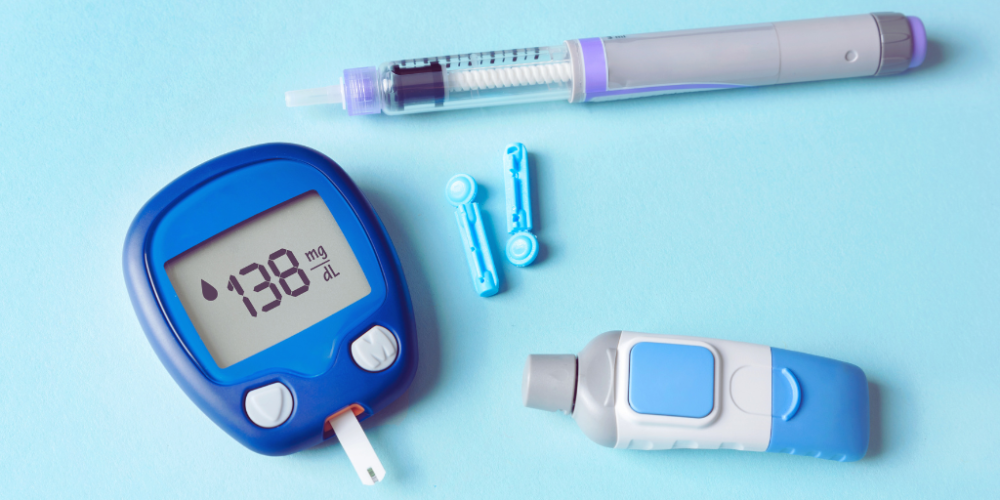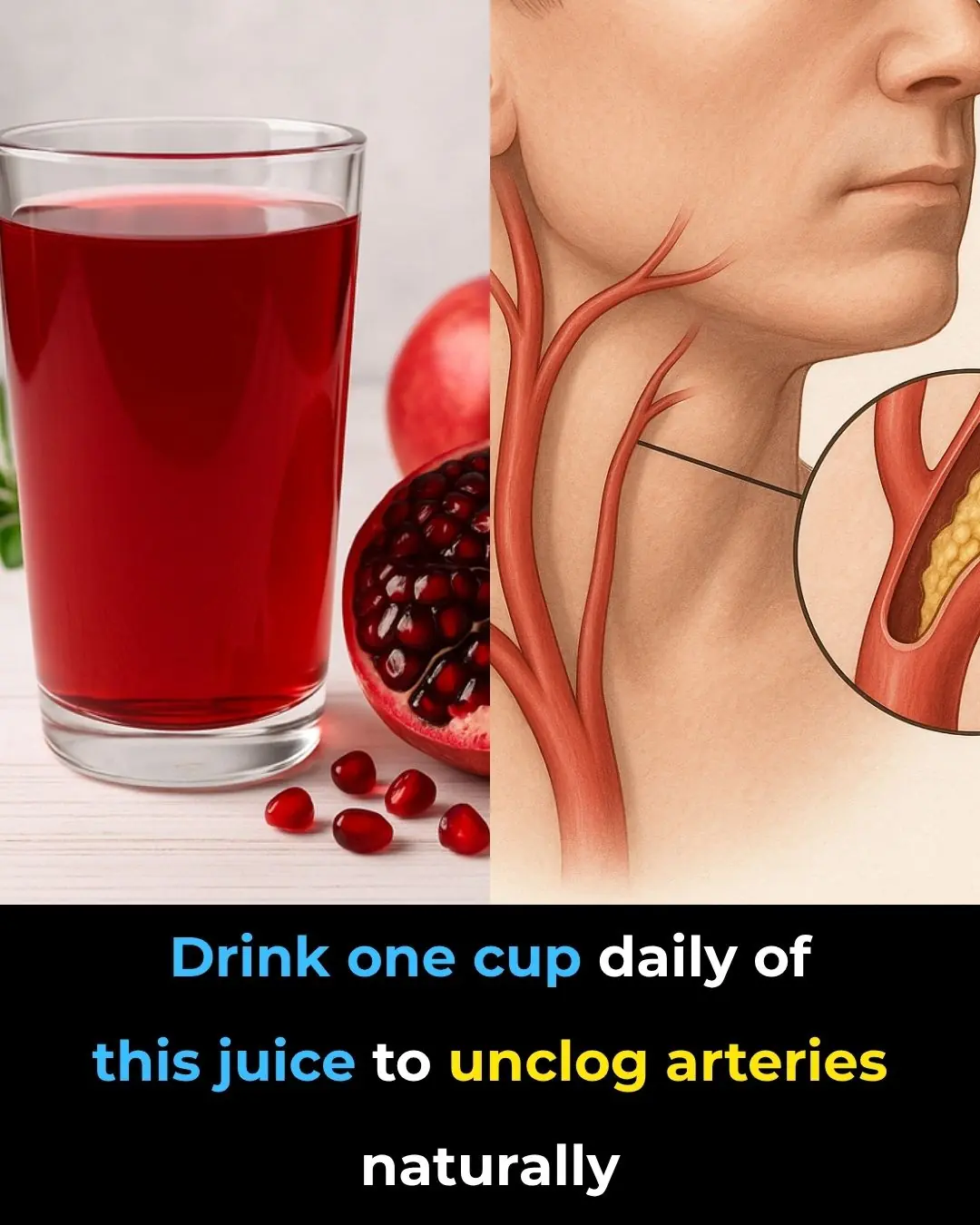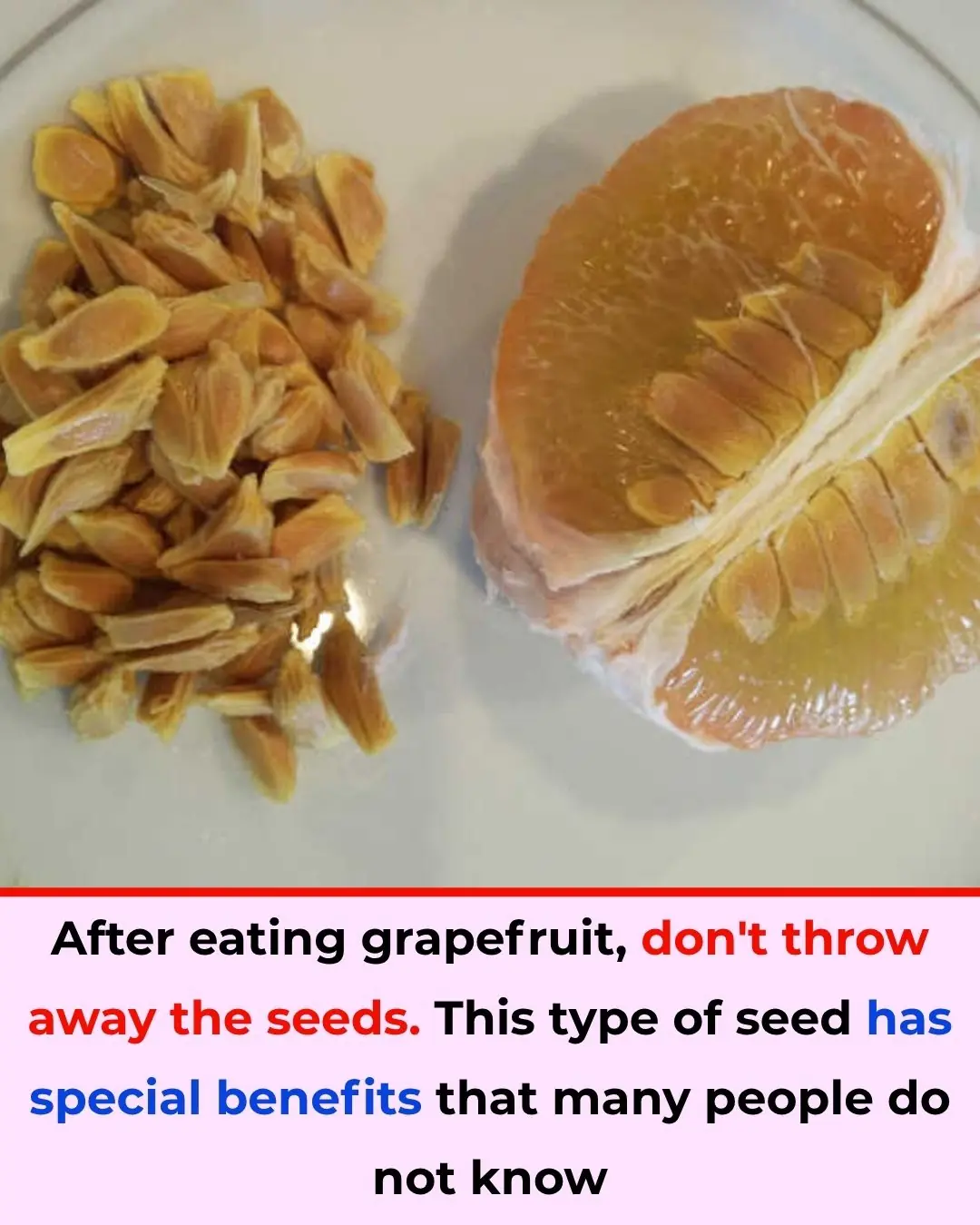
7 essential vitamins every diabetic needs for nerve health

Living with diabetes can be a daily challenge. From monitoring your blood sugar levels to managing diet and medication, it takes continuous attention and effort. But one of the most frustrating parts for many people is dealing with nerve-related symptoms — things like burning feet, tingling hands, or muscle weakness.
These symptoms are often signs of diabetic neuropathy, a common complication caused by high blood sugar levels damaging the nerves. It can make everyday activities — walking, sleeping, or even buttoning a shirt — feel painful and exhausting.
The good news? There are practical ways to protect your nerves, manage discomfort, and boost your overall health. Alongside blood sugar control and a healthy lifestyle, certain vitamins and nutrients play a crucial role. In this article, we’ll explore seven key vitamins and antioxidants that can help prevent or relieve diabetic neuropathy and improve quality of life.
💡 Understanding Diabetes and Its Hidden Dangers

Diabetes is sometimes called a “silent disease” because it often develops gradually and without obvious symptoms. Many people don’t even know they have it.
In the United States, roughly 1 in 4 people with diabetes — that’s about 25% — remain undiagnosed. Altogether, more than 38 million Americans are living with diabetes, most of them with Type 2 diabetes. Another 98 million adults are considered prediabetic, meaning their blood sugar is higher than normal and they’re at serious risk of developing full-blown diabetes if they don’t make changes.
Why does this matter so much? Because uncontrolled diabetes can affect almost every organ system in the body. Common and serious complications include:
-
Increased risk of infections, including severe ones like sepsis.
-
Cardiovascular disease, raising the risk of heart attack, stroke, and even amputation.
-
Hypoglycemia, or dangerously low blood sugar episodes.
-
Kidney disease, as diabetes is one of the leading causes of kidney failure worldwide.
-
Diabetic neuropathy, nerve damage that affects up to half of all people with diabetes — often leading to burning, pain, and numbness in the hands and feet.
The most powerful way to prevent these complications is to keep blood sugar under control and adopt a healthy lifestyle: regular exercise, balanced nutrition, good sleep, and stress management. Still, even people who do “everything right” can sometimes experience nerve pain or tingling. That’s where vitamins, minerals, and antioxidants can play an important supportive role.
✅ Key Takeaways
-
Diabetic neuropathy affects about half of all people with diabetes and can cause pain, weakness, and loss of sensation.
-
Blood sugar control is the cornerstone of prevention, but certain nutrients can enhance nerve health and reduce inflammation.
-
Metformin users should pay special attention to their Vitamin B12 levels.
-
Benfotiamine (Vitamin B1), Magnesium, and Alpha-Lipoic Acid have been shown to support nerve repair and function.
📌 7 Important Vitamins and Nutrients for People with Diabetes
1️⃣ Vitamin B12

Low Vitamin B12 levels are surprisingly common among people with Type 2 diabetes, especially those taking metformin, one of the most widely prescribed medications. Studies suggest that 5% to 33% of metformin users are deficient in this vital nutrient.
Vitamin B12 supports nerve health, red blood cell production, DNA synthesis, and helps your body convert food into energy. A lack of it can cause fatigue, weakness, memory problems, mood changes, and nerve pain.
Signs of deficiency include:
-
Tingling or burning in hands and feet
-
Muscle weakness or coordination problems
-
Fatigue and dizziness (due to anemia)
-
Mood changes, depression, or confusion
Besides medication use, low B12 can also result from aging, digestive problems, or vegan diets, since it’s mainly found in animal-based foods such as fish, eggs, dairy, and meat.
If you’re diabetic, ask your doctor to test your B12 levels regularly. If they’re low, supplements or periodic injections can restore balance and prevent nerve damage.
2️⃣ Vitamin B1 (Thiamine) and Benfotiamine
Vitamin B1, or thiamine, helps your body convert carbohydrates into energy and plays an essential role in nerve function. Unfortunately, people with diabetes often have lower thiamine levels, partly because high blood sugar increases its excretion in urine.
A more absorbable form, benfotiamine, has gained attention for its potential to protect nerves and reduce inflammation. It’s fat-soluble, meaning it can penetrate nerve tissue more effectively than regular thiamine.
Potential benefits:
-
Shields nerves from glucose-induced damage
-
Reduces the formation of Advanced Glycation End Products (AGEs) — harmful compounds linked to heart disease and aging
-
Supports kidney and heart health
You can find thiamine naturally in beans, seeds, pork, fish, and yogurt, but benfotiamine supplements may offer extra benefits for people with long-standing diabetes or neuropathy.
3️⃣ Vitamin B6 (Pyridoxine)
Vitamin B6 supports nerve communication, immune function, and carbohydrate metabolism. It may help improve insulin sensitivity and reduce inflammation.
Good sources include: bananas, avocados, chickpeas, poultry, fish, and leafy greens.
If your diet is balanced, you may not need supplements, but mild deficiencies are common among older adults and those taking certain medications.
4️⃣ Vitamin D

Vitamin D acts more like a hormone than a vitamin, influencing everything from immune response to insulin production. Unfortunately, deficiency is widespread, particularly among people who spend most of their time indoors.
For diabetics, Vitamin D supports:
-
Better blood sugar control through improved insulin sensitivity
-
Stronger bones and muscles
-
Reduced inflammation
-
Nerve protection and mood stability
Try to spend 15–20 minutes in sunlight daily, and include foods like eggs, fatty fish, and fortified milk. If your blood test shows low levels, your doctor may recommend a supplement.
5️⃣ Vitamin C
Vitamin C is one of the most powerful antioxidants in nature. It helps combat oxidative stress, which damages cells and nerves, and strengthens the immune system.
It also promotes wound healing — an especially important factor for people with diabetes, who often experience slow recovery from cuts and infections.
Vitamin C–rich foods: citrus fruits, strawberries, kiwi, red peppers, and broccoli.
Regular intake from whole foods is usually sufficient, but some people may benefit from low-dose supplementation during times of stress or illness.
6️⃣ Magnesium
Magnesium supports over 300 biochemical reactions in the body — including glucose metabolism, nerve transmission, and muscle relaxation. Low magnesium levels are linked with insulin resistance, higher blood pressure, and even depression.
Beyond blood sugar control, magnesium also supports brain health by enhancing memory and protecting against age-related cognitive decline.
Top sources: spinach, almonds, avocados, bananas, lentils, and whole grains.
Some forms, like magnesium L-threonate, can cross the blood–brain barrier and may help improve focus and memory in people with diabetes.
7️⃣ Alpha-Lipoic Acid (ALA)
Alpha-Lipoic Acid is a remarkable antioxidant found naturally in small amounts in foods like spinach, broccoli, and organ meats. In supplement form, it’s widely studied for its ability to reduce nerve pain and improve insulin sensitivity.
ALA helps regenerate other antioxidants (like Vitamins C and E), neutralizes free radicals, and may slow the progression of diabetic neuropathy.
Many doctors recommend 600 mg per day, often in the morning. Some people notice reduced burning and tingling in their feet after several weeks of use.
🌿 What About Bitter Melon?
Bitter melon (also known as bitter gourd or melão de São Caetano) is a traditional food used in Asia for centuries. Research suggests it can help lower blood sugar and A1C levels and may support liver health.
However, Dr. Wambier emphasizes that it’s best to eat the fruit itself rather than take it in capsule form. Whole foods provide a broader spectrum of nutrients and fiber, which pills can’t replicate.
🩺 Final Thoughts
Before starting any supplement, always talk to your doctor — especially if you’re taking medications for diabetes, blood pressure, or cholesterol. Supplements can interact with prescriptions, and the right dosage depends on your individual needs.
Remember, no vitamin can replace the fundamentals of good diabetes management:
-
Keep your blood sugar and A1C levels in range.
-
Monitor your cholesterol and blood pressure.
-
Exercise regularly, stay hydrated, and get enough sleep.
-
Maintain healthy social connections and manage stress — both are essential for long-term health.
Taking care of yourself isn’t about perfection; it’s about consistency. Small daily actions — like eating well, moving your body, and supporting your nerve health with the right nutrients — can make a world of difference.
If you found this information helpful, share it with friends or family who could benefit. Dr. André Wambier, cardiologist and educator at CardioDF, continues to share science-based tips on heart health, metabolism, and longevity. Stay tuned for his next video — and remember, your health journey starts one smart choice at a time.
News in the same category


The Powerful Juice That Fights Anemia, Fatty Liver, and Blurry Vision Naturally

Remove Bad Odors from Your Refrigerator Overnight with These Simple Tricks

Castor Oil After 50: This Is What Happens After 7 Days Of Use!

Mix One Ingredient With Orange Juice To Flush Toxic Buildup From The Lungs

Drink one cup daily of this juice to UNCLOG arteries?

MISTAKE #1 WHEN CHEWING CLOVES (YOUR HEALTH IS IN DANGER)

Just tried to stop my daughter from doing this

Found this weird skin on my son's ear this morning. Doc appt is a week away. What can I do?

3 Common Mistakes People Make When Eating Avocados

Acid reflux natural remedy that works in minutes

Warning Signs You Should Never Ignore on Your Skin

The 1-minute workout that’s up to 9x more powerful than your usual routine

Nine Year Study Finally Explains The Relationship Between Sugar And Cancer

🧠 A Neurosurgeon Says Your Legs Could Predict Dementia Years Before Memory Loss

7 Best Foods to Rebuild Your Muscle Strength After 50

The B Vitamin Solution: How to Lower Blood Pressure When Medications Fail

The #1 Habit That’s Quietly Destroying Muscle in Older Adults — Are You Guilty of This?

3 Warning Signs That Appear Days Before a Stroke Everyone Should Know to Prevent It
News Post

DIY Under-Eye Clove Cream for Dark Circles

Person 'sucked into plane engine' before takeoff dies in airport tragedy

The Powerful Juice That Fights Anemia, Fatty Liver, and Blurry Vision Naturally

Stop freezing these 10 foods

10 top types of house spiders & how to get rid of each one

These ideas are brilliant

10 top types of house spiders & how to get rid of each one

10 Plants You Should Never Grow Near Lavender

Plants You Should Never Grow Near Tomatoes

If You Spot This Snake in Your Garden, Leave It Be — Here’s Why It’s Actually Your Garden’s Secret Best Friend

Don’t Throw Away Grapefruit Seeds – These Tiny Seeds Have Surprising Benefits

Sprinkle Salt Around Your Home on Rainy Days – It Sounds Strange, but the Results Are Amazing

Remove Bad Odors from Your Refrigerator Overnight with These Simple Tricks

Researchers Accidentally Capture Drone Footage of the Year: A Wild Bond Between Predator and Prey

Top 10 Herbal Teas That Actually Kill Cancer — Why Is This Being Hidden? | Healthy Care

DON'T IGNORE! Top 8 Warning Signs Of Blood Clots

Castor Oil After 50: This Is What Happens After 7 Days Of Use!

He Couldn’t Pull Her Out — So He Held Her Hand.

Mix One Ingredient With Orange Juice To Flush Toxic Buildup From The Lungs
